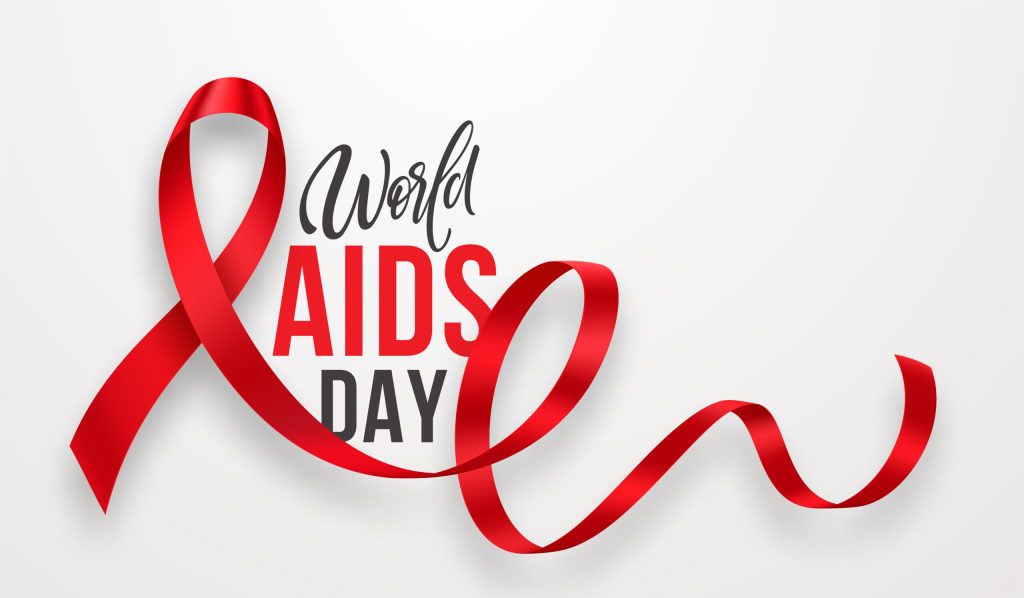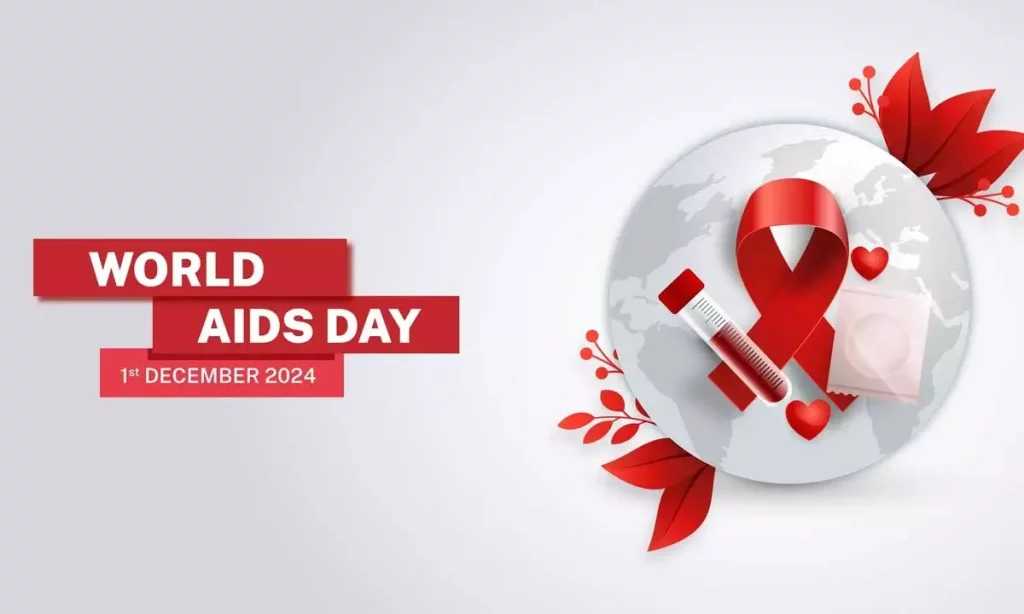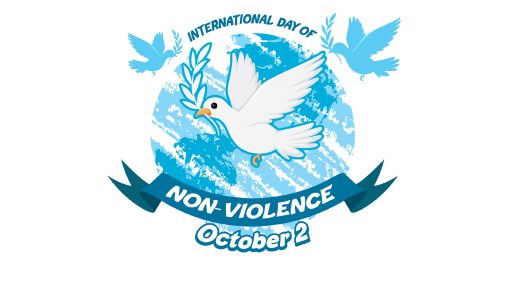December 1st marks World AIDS Day, a reminder for us all to come together in addressing a significant global health challenge. Established by the World Health Organization (WHO) in 1988, this day aims to raise worldwide awareness about AIDS and its impact. It also encourages nations and international organizations to conduct educational campaigns on this day to spread knowledge about AIDS prevention.
AIDS is caused by the human immunodeficiency virus (HIV). It’s more than just a disease; it’s an issue deeply affecting individuals, families, and societies. Despite remarkable scientific advancements enabling many HIV-positive individuals to live long and healthy lives with effective treatments, challenges remain. The most pervasive issues often stem not from the virus itself but from fear, misunderstanding, and discrimination surrounding it.

World AIDS Day’s advocacy efforts are crucial in combating these intangible barriers. The goal is to foster empathy and understanding for those living with HIV/AIDS—reminding us they are “people” first who deserve respect rather than stigma or exclusion. By disseminating scientific information, we can quell unnecessary fears, reduce discriminatory behaviors, create a more supportive environment for those affected by HIV/AIDS encouraging them to seek treatment confidently while living dignified lives.
World AIDS Day calls for global action supporting HIV prevention efforts while fighting discrimination. This includes promoting safe practices, offering testing & counseling services along with pre-exposure prophylaxis (PrEP) & post-exposure prophylaxis (PEP). It also emphasizes ensuring equitable access to treatment so everyone needing care receives it while actively opposing all forms of discrimination advocating equality & human rights. Organizations like UNAIDS coordinate worldwide initiatives mobilizing countries around annual themes.

Each World AIDS Day since its inception has focused on specific themes addressing key aspects of global HIV response efforts—for instance in 2021 “End inequalities. End AIDS. End pandemics.” highlighted how social inequalities exacerbate HIV spread emphasizing resolving these disparities as crucial steps towards eradicating HIV as a public health threat learning lessons applicable against future pandemics too.
December 1st symbolizes awareness action compassion & hope reminding us conquering HIV requires both medical advancements alongside mutual understanding & support amongst people highlighting through knowledge dissemination eliminating prejudice fostering equality unity we can collectively strive towards an HIV-free world where everyone enjoys healthy equitable lives.


